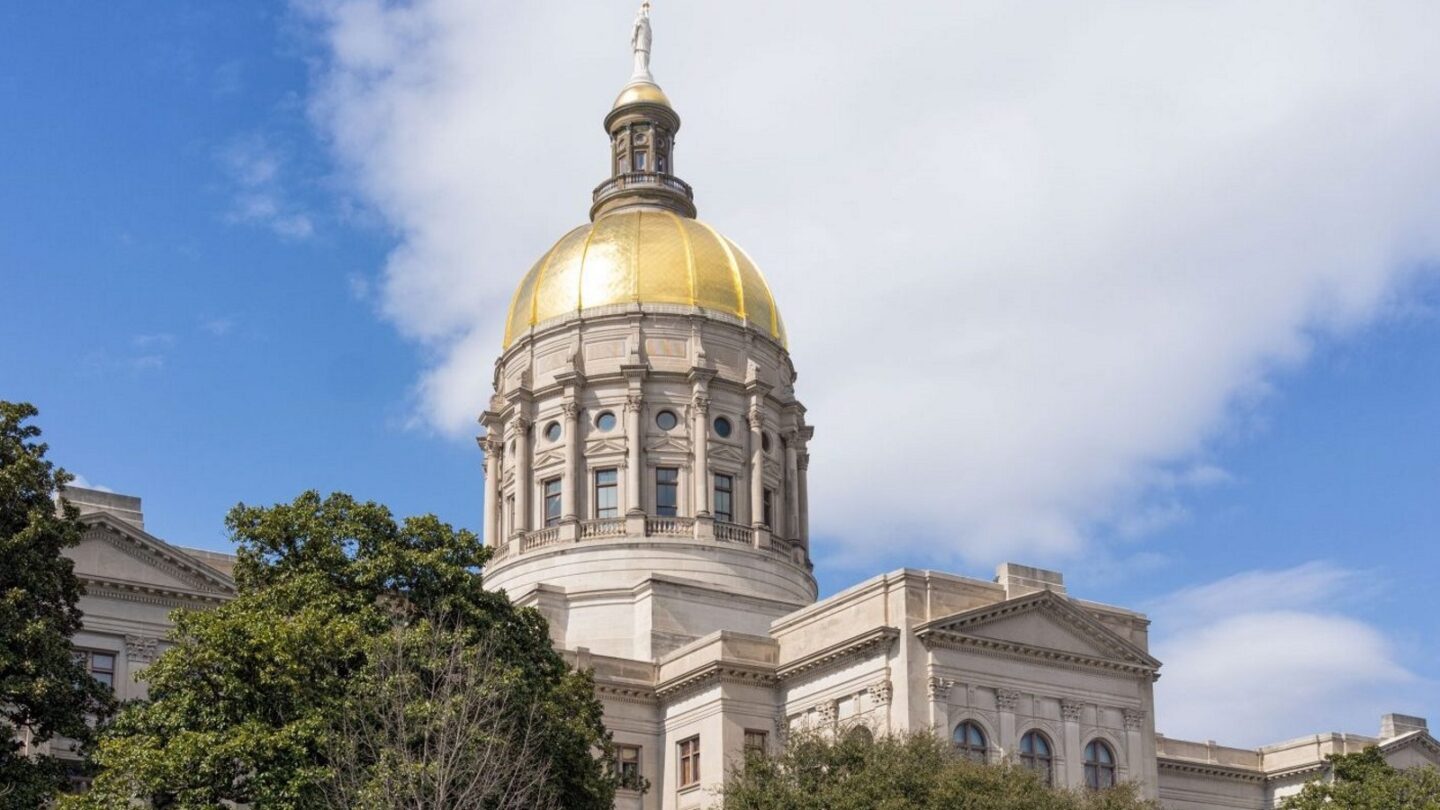A revised version of Georgia’s state budget for the upcoming year would cut $2.6 billion in state money after Gov. Brian Kemp told lawmakers to reduce spending by 11%.
The Senate Appropriations Committee on Wednesday voted to advance House Bill 793, the state budget for the year beginning July 1. It now moves to the full Senate for more debate.
Under the plan, the state would spend less than $26 billion in state money, down from $28 billion originally projected. With federal funding, spending would be nearly double, including a boost in Medicaid funding that will help preserve the state-federal insurance program for the poor and disabled without cuts.
Although the measure is less severe than the 14% reductions Kemp and top lawmakers originally were preparing, it will still mean service cuts, unpaid furloughs and layoffs across state government, K-12 schools and state colleges and universities.
Senate Appropriations Committee Chairman Blake Tillery, a Vidalia Republican, took over the task of leading budget-writing for his chamber after longtime chairman Jack Hill of Reidsville died in April. Tillery told senators Wednesday the reductions would sting.
“Due to the current predicament, there will be less. There’s no need to sugar-coat that,” Tillery said. “Our state’s budget must balance. We don’t hold the keys to a printing press.”
Republicans, though have passed up some chances to raise spending. Some advocates pushed for an increase in tobacco taxes that could have raised as much as $500 million. Although some senators are exploring reducing tax breaks, Tillery said any such changes would come too late to aid the budget beginning July 1. And lawmakers also chose not to dip into the state’s rainy day fund, with Tillery saying he wanted to preserve the savings account in case of an additional shortfall.
The state is already on track to spend $1 billion or more from $2.7 billion the fund to close this year’s budget gap. But some of that money will come back when Georgia collects state income taxes in July after delaying them from April. Tillery said that money will be placed into the budget year ending June 30, reducing the deficit to be covered with rainy day funds.
Some areas were cut a little more or less than others, but even the Department of Public Health, on the front lines of fighting coronavirus infections, will take $25 million in cuts. Those workers, like in many agencies, will be required to take 12 furlough days without pay.
Tillery said senators worked to limit unpaid days off to one per month. Some large agencies such as the Department of Human Services and Department of Behavioral Health and Developmental Disabilities had proposed two per month.
Lawmakers will spend $1.2 billion less on K-12 education, including $1 billion less on the funding formula that sends state aid to Georgia’s 180 local school districts. Lawmakers will preserve spending that aids schools that are very rural or have low property tax wealth, as well as spending that pays for yearly experience raises for teachers. But many local districts are likely to resort to furloughs as well. The University System of Georgia will get $400 million less. It, too, plans furloughs and possibly layoffs.
House members eventually will have to agree to the plan as well. They had proposed a much sunnier budget before state tax revenues tumbled because of the COVID-19 pandemic, with the main debate at the time centering on giving teachers an additional raise or further cutting state income tax rates.
Lawmakers saved a few visible programs. Farmers markers in Cordele and Thomasville will operate seasonally instead of being closed entirely. A few more slots will be added to a program that provides at-home services for adults with developmental disabilities. But balancing those few saves are other painful cuts, like abandonment of a plan to add beds for substance abuse treatment.
Preschool and college scholarship programs funded by the lottery will be preserved whole, even after those agencies had been required to propose cuts, because lottery revenues are relatively steady. That will preserve 4,000 child-care slots, as well as keep the preschool year from being cut by 13 school days. Preschool teachers won’t see a pay cut.
Some senators are examining the idea of eliminating some tax breaks, including the tax break on jet fuel that benefits Delta Air Lines, a tax break on yacht repairs, or making manufacturers pay sales taxes on electricity. It’s unclear if any of the ideas will make it out of committee, and House Speaker David Ralston rejected the plans Tuesday.
“I looked at it very quickly and asked my staff to calculate how many jobs it would kill, frankly” Ralston, a Blue Ridge Republican said of the proposal.









